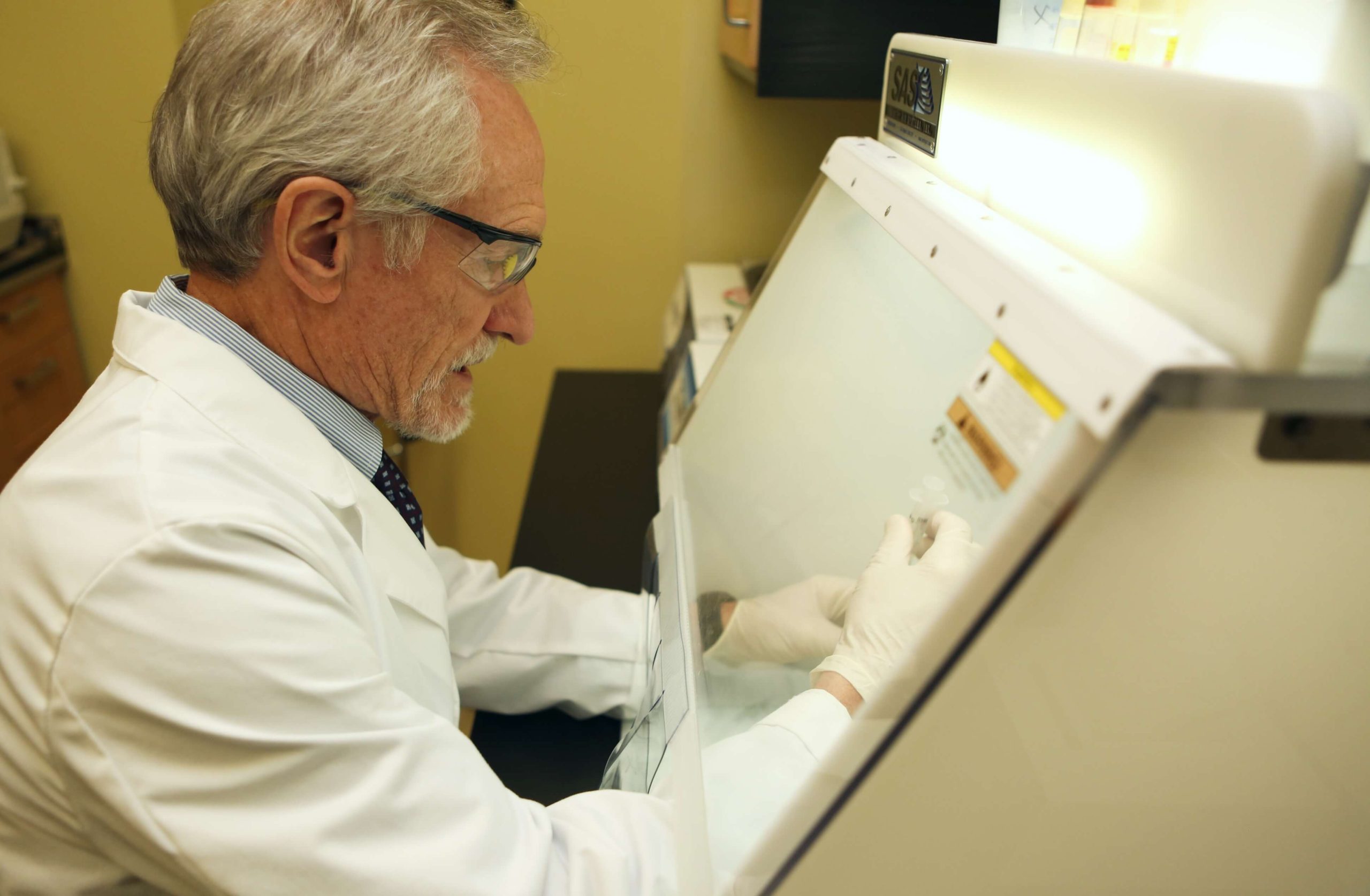The FDA has made clear that the procedures we perform at ORM are compliant with Regulatory Considerations for Human Cells, Tissues, and Cellular and Tissue-based Products (HCT/P): Minimal Manipulation and Homologous Use. This guidance confirms that our stem cell treatments, using minimally processed and micro-fragmented adipose tissue, bone matrix, and certain amniotic membrane products are compliant under Section 361.
The Adipose Tissue Graft procedure we perform at ORM for orthopedic conditions of the knee, hip, shoulder and many other tissues, are covered under FDA Section 361
This means that the adipose tissue stem cell grafts and micro fragmented stem cell treatments we have performed on hundreds of patients over the last 12 years at Oregon Regenerative Medicine, including for knee, hip and shoulder repair, remain in FDA compliance because our protocol is: (1) autologous (derived from the patient being treated), (2) minimally manipulated to maintain cell and tissue microarchitecture, and (3) are intended for homologous use.
Remember, our stem cell tissue and adipose stem cell treatments are:
- Harvested in a minimally invasive procedure
- Regarded as “structural tissue” by the FDA in the context of HCT/P regulations
- Known to contain properties that aid in tissue healing and repair
- Deliver 100-500 times the live reparative cells than from an equivalent amount of bone marrow,
- Deliver up to 5,000 times more live reparative cells than amniotic fluid
- Up to 25,000 times more live reparative cells than peripheral blood
Over 1000 studies have been published on the evidence supporting cartilage regeneration from adipose tissue stem cell treatments
- Over 12,000 published studies have reported on stem cell characteristics in adipose tissue grafts and their risks, benefits, and therapeutic applications
- Over 1000 studies published on the effects of adipose tissue grafts on cartilage regeneration
- Over 160 studies published on the effects of adipose tissue grafts on osteoarthritis pain and disability
- Over 150 studies published on the effects of adipose tissue grafts on knee injuries, pain and disability
- Over 55 studies published on the effects of adipose tissue grafts on hip pain and disability
- Over 35 studies published on the effects of adipose tissue grafts on shoulder pain, rotator cuff injuries, and shoulder cartilage defects and disability
So if you are considering regenerative injection therapy, keep in mind that only adipose tissue grafts are FDA compliant for the stem cell treatments of orthopedic conditions.
What about stem cells in a bottle?
Buyer beware! The FDA has determined that clinics that offer other so-called stem cell products are marketing and administering non-allowable biologic drugs, none of which have been tested for safety or efficacy or approved by the FDA. This means that clinics providing cord blood or Wharton’s jelly products, placental tissues and exosomes are in violation of Section 361. The Federal Trade Commission has warned consumers to think twice before going to clinics offering these so-called stem cell treatments. But this has not stopped certain clinics from advertising and administering these allogeneic tissue treatments.
Dr. Noel Peterson, ND, DAAPM, is the founder and medical director of Oregon Regenerative Medicine.



